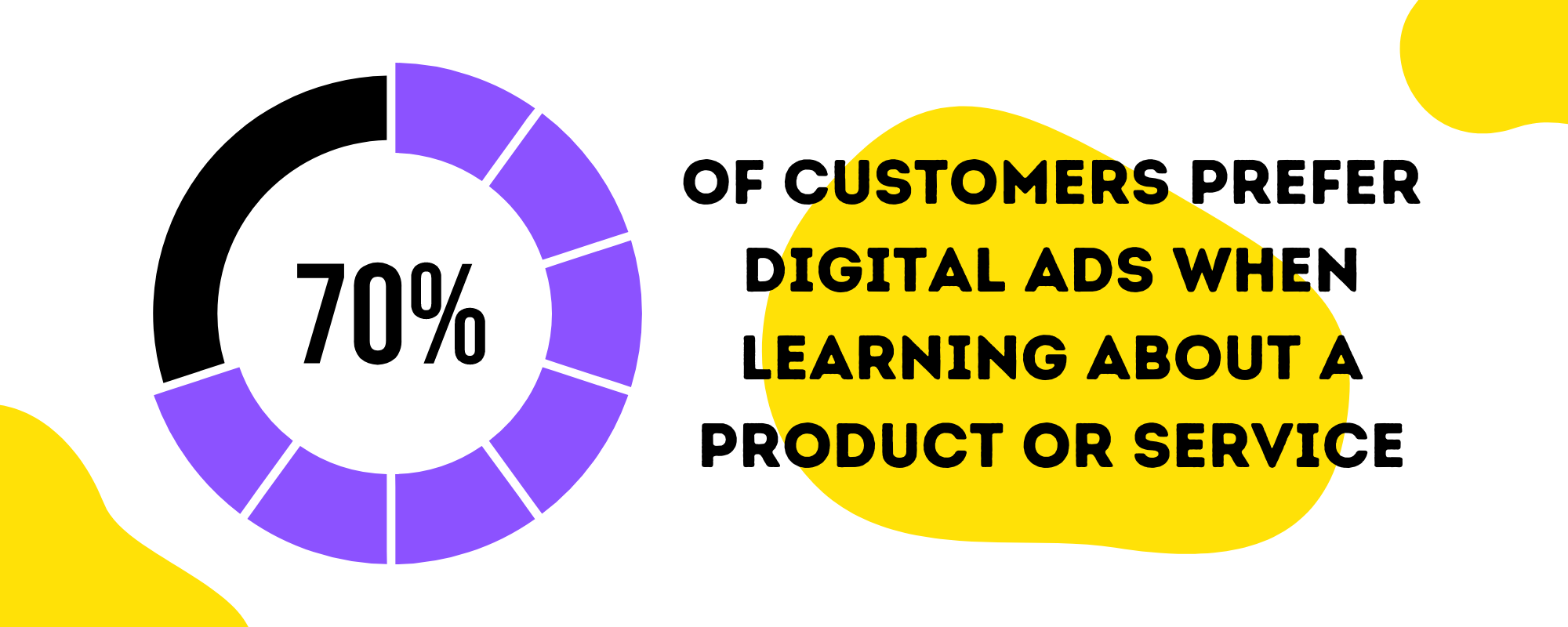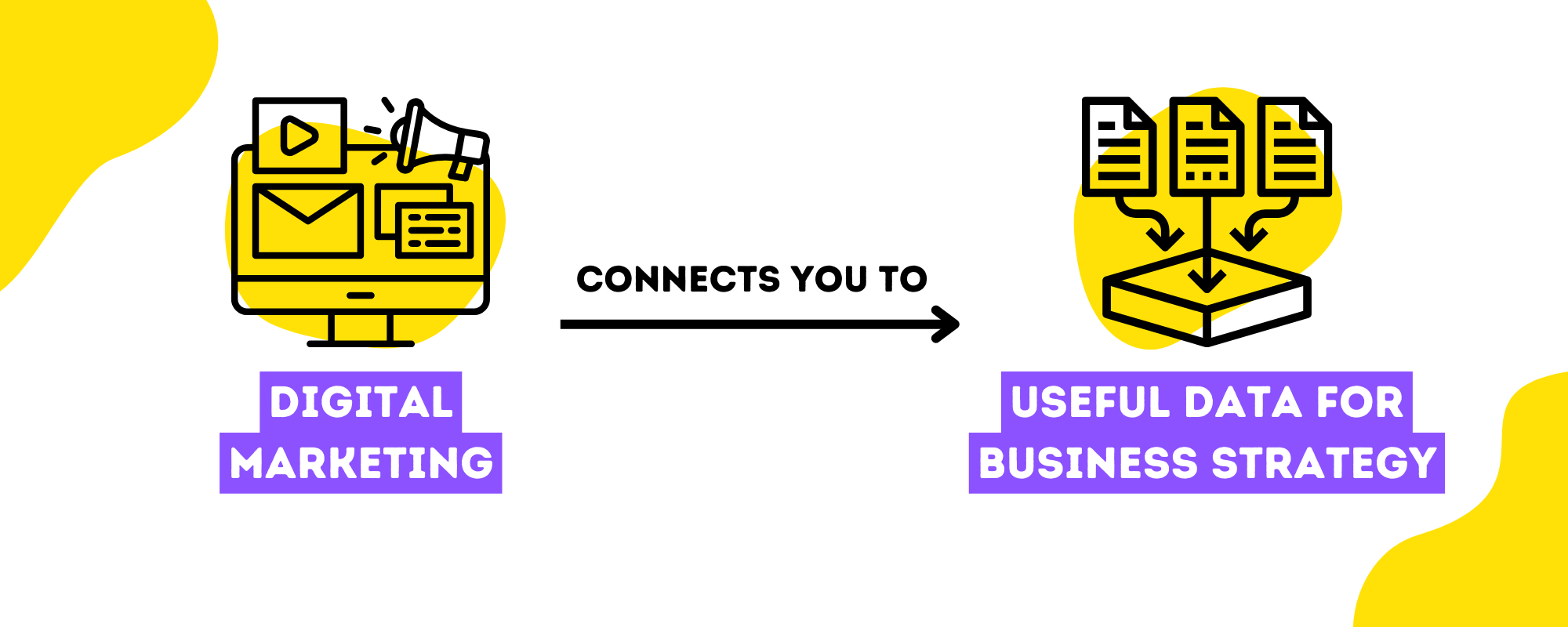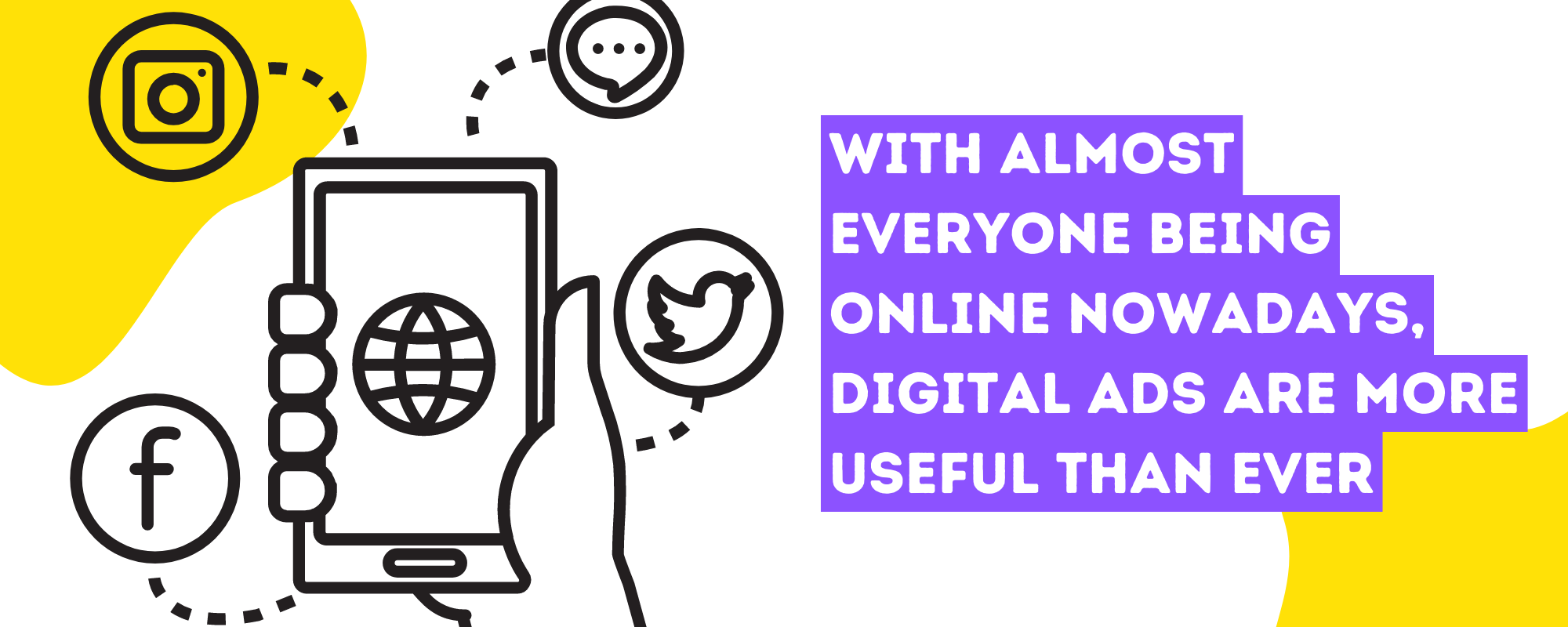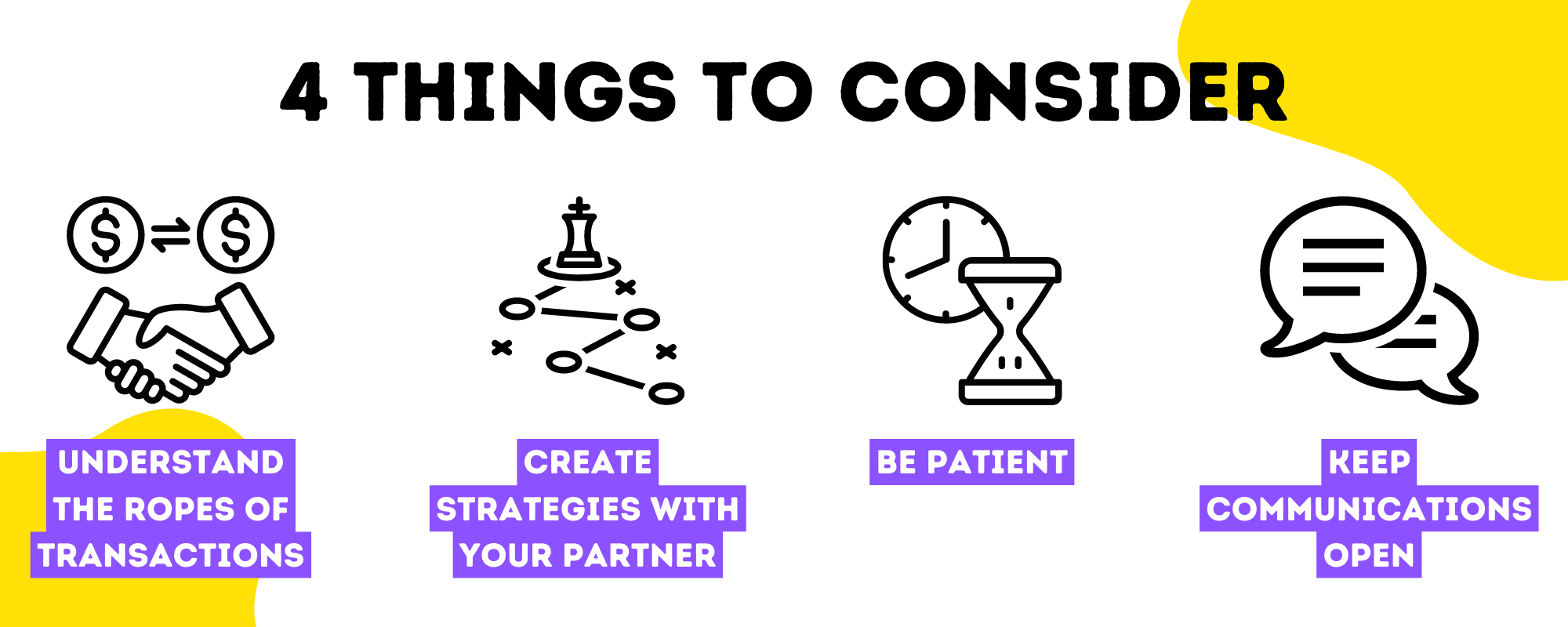In 2022, the global digital advertising market reached $USD602.25 billion with 59.3% of the world’s total population using digital to communicate and connect. And brands utilize online content to introduce and promote their products and services.
Digital advertising means being online, and this means every business needs it.
How the business does it can spell the success of an advertising campaign. This is why digital advertising can be time-consuming and potentially an expensive task.
You can manage it in-house, making sure you or your team knows best practices.
Hiring an expert can be cost prohibitive, and many campaigns are short-term, so most businesses outsource digital advertising.
How do you find the right fit?
What is digital advertising?
To start, you need to understand digital advertising. It’s now more than promotion to online channels like websites, social media, streaming services, and other platforms. Businesses are increasingly focusing their attention on attracting digital customers and connecting with their target audiences and existing customers by investing in digital text, visuals and videos.
Even if you’re not well-versed in digital advertising, you probably know that not all digital marketing campaigns can be successful.
Careful planning can save your marketing budget from vaporizing into thin air. No matter what medium you are using because in this age, content remains king.
Digital advertising is not just important for your business, it is also important for your customers.

70% of customers want to learn about products from digital advertisements rather than the traditional media. Your digital marketing should inform your customers about your new products, existing products specifications and seasonal promotions.
What makes digital advertising popular to marketers? In comparison to traditional advertisements, digital marketing connects to a massive amount of data you can use for your new or existing business strategy.

Types of digital advertisements
There are several types of digital advertisements you can take advantage of to increase your customers’ attraction, conversion and retention rate: search, display, stream, audio, social, and influencer.
- Search: 80% of customers who want to learn more about a certain product or service look for it on search engines like Google. Advertisements made for search appear when a customer types keywords relevant to your website, products or services which you usually see on headlines, meta descriptions, and content.
- Display: 97% of customers report that videos strengthen their decision to purchase a product or service. Visuals like videos and images are critical in persuading your customers to choose you among your industry competitors.
- Stream: 80% of consumers prefer streaming as a marketing channel for live reviews. This can help marketers provide more content by repurposing past streams by editing it as another video.
- Audio: Audio advertisements on streaming music services and podcasts usually for 30 seconds that play between songs.
- Social: 93% of brands are using social media for business. And according to Statista, 37.9% of users say they made a purchase after seeing a social media advertisement. Some of the popular social media include Facebook, Instagram, LinkedIn, YouTube and TikTok.
- Influencer: 93% of marketers are utilizing influencer marketing to directly choose the people from their target market. It is a digital marketing style which connects a group of people already interested in your niche through a person of influence.
When you choose to create a digital advertisement, you need to plan out what multimedia you will use as a medium, in what channel you will publish the advertisement, and work on your budget to reach the right audience, at the right time.
When you do not have the time and resources to keep in-house, or you need a specialist (but don’t need a permanent employee), outsourcing gives you the best chances for a successful digital advertising campaign.
How does digital advertising help your brand?
Do you really need it? Yes.

When you know what to look at, you get insights on what digital advertising campaigns bring to your business.
These Key Performance Indicators (KPI) help business with their digital marketing efforts.
- Unique visitors are the number of people who visit a page on a certain timeline. It is counted only once even if they revisit more than once. According to Hubspot, there are only 16.7% of marketers who can reach 40,000-100,000 unique monthly visitors.
- Search engine traffic is the number of people a search engine redirected to your site. There are many ways to increase your chance to appear on the first search engine’s result page like optimizing it with SEO.
- Clickthrough rate and bounce rate are metrics to measure the user experience of a page. The bounce rate is the number of people who visit then leave your website quickly after landing. A good bounce rate should be less than 40%.
- Conversion rate is the number of people who visit your site, click into your provided links, and complete the desired action you want them to fulfill.
Given the amount of money any firm spends on marketing, an increase in the ROI is a sign of a successful business campaign. But different marketing channels have different ROI.
- For every dollar spent on Google Ads there’s a $2 ROI. And websites with blogs are 13 times more likely to get a positive ROI.
- 90% of video marketers experience a good ROI while 87% reported that videos helped them increase their traffic.
- The average ROI for SEO marketing is 2,200%.
- Marketing professionals are 1.6 times more likely to get budget increases for their campaigns when they frequently calculate their ROI.
An outsourced agency uses the data gathered from KPIs to assist you in segmenting your audience. Audience segmentation helps in avoiding mediocre results by tailoring or concentrating your marketing efforts. Depending on the scale, it may take a lot of materials and work.
This personalization is an investment rather than a cost. Customers expect targeted and personalized content. As a result, you gain trust and attract more clients who will stick around for a very long time and build a favorable reputation for you.
Outsourcing digital advertising
You now know that good planning is the secret for successful digital advertising. Businesses with lesser budgets choose outsourcing because it’s cost-efficient and would not require immediate time and resources but 32% use the mix of creation in-house and outsourced.
Why is outsourcing digital advertising a good idea?
Outsourcing gives you a scalable, flexible, and experienced team of digital advertisers to handle your campaigns. You can hire a member or a team depending on the size of your project. It is easier to increase or lay off the workforce on peak or lazy seasons. They can instantly resolve capacity problems.
Outsourcing improves your business efficiency on a fraction of the cost of hiring and training an in-house digital advertiser. What makes digital advertising expensive are the need to purchase software and tools, employee training and onboarding expenses, taxes from employee, government, and office, and more. When you outsource, you skip these expenses.
Outsourcing helps you stay relevant and consistent. High dependance on in-house employees can result in a sudden drop in productivity if an employee asks for leave, or resigns. Service providers oversee the consistency of content for your brand needs.
Outsourcing gives you access to the latest marketing technology. There are hundreds of marketing technologies out there. And these technologies improve every second of the day with new features and interfaces.
Service providers are constantly updating their marketing tools and softwares for best results. And they continue to upskill their employees, so the experts can keep up with the new updates.
What to consider when outsourcing digital advertising?
If you’re set to outsource your advertising to a service provider, here are some tips you should consider:
- Know your payments and the how-to’s of the transactions: Understand what’s included in the process and make sure you’re buying the service on a flat fee. When establishing a budget, do not skimp. Outsourcing digital marketing is already more cost-efficient than an in-house advertising team. But it can still cost hundreds to tens of thousands of dollars, depending on the goals you are targeting.
- Build a strategy with your outsourcing partner: You can send the responsibility directly to a service provider, but you have to know what they’ll do and how they’ll execute. It is important to know that although outsourcing has some disadvantages it is still overall positive and beneficial, if done right. An agency can also give you direction for strategizing your digital marketing efforts.
- ROI doesn’t happen overnight: Even if you have an in-house marketing team, hire a freelancer, or outsourced to an agency, you still can’t achieve the results that you want in a short time-frame. Reputable service providers know that planning, creating, publishing, and monitoring a good digital advertising campaign takes time, optimization and effort.
- Overcommunication is a necessity: Whether it’s in-house or outsourced, communication is key. Keep the communication lines open when your service provider shares feedback or raises concerns.
Questions to ask before outsourcing digital advertising
You are down to 2 to 5 outsourcing companies. By precisely raising questions on strategy creation, industry experience, and other factors, you may find the right fit to outsource your digital advertising.
To help you find your ideal advertising service provider, here are some questions to ask your potential partners.
1. What is your prior performance in digital advertising?
You may want to see their experience on the specific digital advertising campaign that you need, although this information may fall under privacy and confidentiality agreements. Also, no two advertising campaigns are the same.
2. Who are your past clients?
See if you can communicate with them, or find out what type of advertising budgets they manage.
3. Do you have a work portfolio?
See if they can provide any sample work.
4. What other services do you offer?
Even if you don’t need them you can ask this question in case you want to expand the scope of work in the future.
5. What are your packages?
What are the services included for the price you pay for. Is it reasonable for you? Do they have customizable and flexible rates for as-needed services?
6. What do you include in a contract?
When do you need to pay? Will there be an extra charge? To avoid hidden charges, you may want to ask this upfront. Are you locked in for a specific timeframe.
7. What are the tools you use in digital advertising?
The overview of the software and tools they use.
8. What is your company culture?
If you’re sensitive about this, see if their corporate culture aligns with your company vision and mission?
9. What are your goals for my digital advertising campaign?
Although a service provider can guide you, it’s important to come prepared with your own goals and objectives.
10. Can they be flexible to meet the needs of your business?
Are they scalable, flexible, and can they easily adjust to the things you need?
Remember to always be clear about your expectations. If you are looking for the right fit, USource is an outsourcing agency with digital advertisers and dynamic teams who can assist with your digital advertising campaigns.



